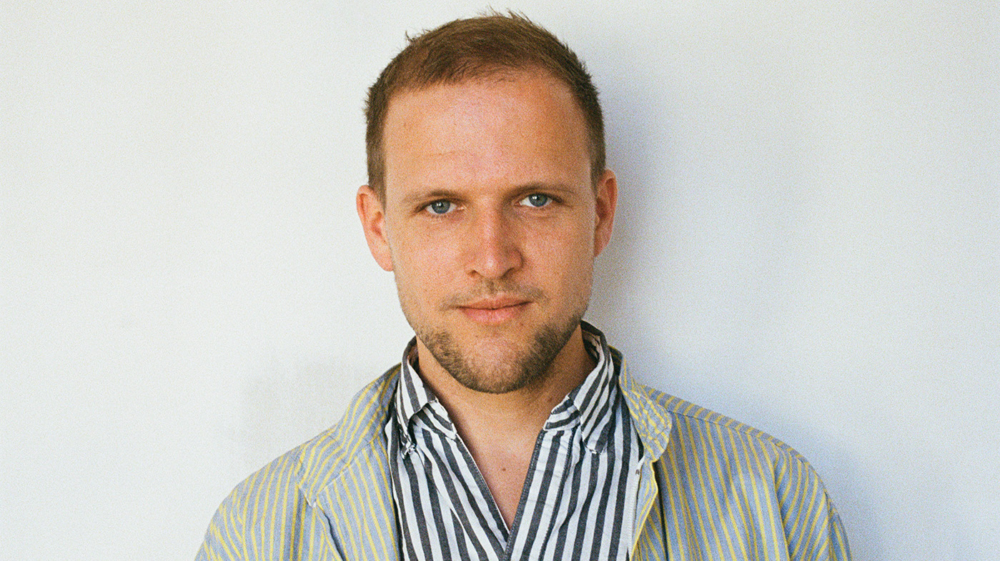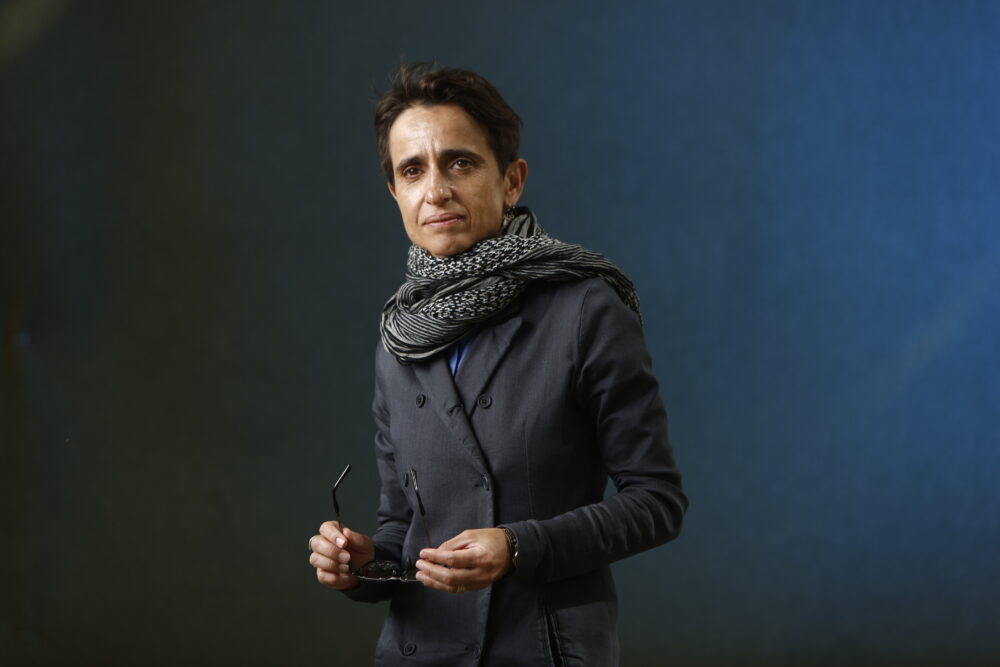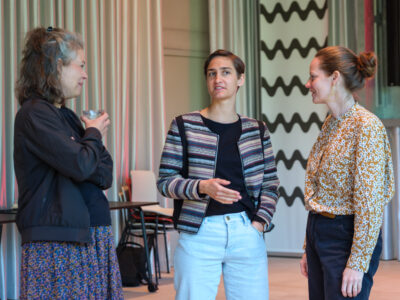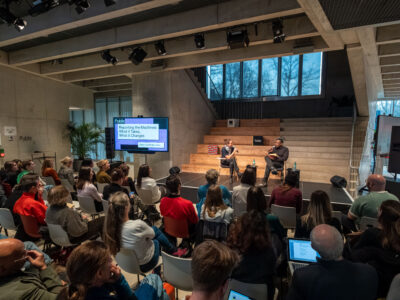Guest contribution: No fear of erroneous opinions
So forcefully, so deafening, so entrenched: Do German debates have a specifically destructive energy? Established media outlets must be careful not to become activist opinion shapers themselves. A guest contribution by Tobias Haberkorn


Tobias Haberkorn is one of the four founding editors of the Berlin Review. The new magazine for books and ideas launched in February 2024 and will publish eight digital and two print editions per year. The first issue, with contributions by Adania Shibli, Ivan Krastev/Stephen Holmes, Elad Lapidot, Yevgenia Belorusets, Carolin Amlinger and others, focuses on the war in the Middle East. The second issue is set for publication on March 19 and will address current events in addition to the Leipzig Book Fair and this year’s guests of honour the Netherlands and Flanders. All articles, podcasts and event dates can be found at blnreview.de. Tobias Haberkorn was a Publix fellow in 2023.
When I began interning at German newspapers in 2010, the watchword in most newsrooms was: We need more opinion pieces, because only controversy will attract readers, and only through debates traditional media outlets can survive the cacophony of the internet. On social media platforms, editorial content appeared alongside private posts. Only the most provocative pieces prevailed.
Social media outlets, of course, continue to be fueled by debates. They are conducted just as vehemently on X as they were on Twitter. But the illusion that democracy would benefit if only everyone would voice their opinions online has vanished. Instead, we are seeing a destructive irreconcilability that has transformed into a business model. Self-empowered opinion entrepreneurs are using their social media profiles to compete with entire media corporations. Voices as divergent as the artist Candice Breitz and the journalist Thilo Jung for instance have long been demanding that the German government adopt a more critical position on the actions taken by the Israeli government. In a hopelessly emotionalised debate, they find themselves pitted against largely united newsrooms such as those at Die Welt or the Frankfurter Allgemeine Zeitung.
The Hamas attack and Israel’s counterattack in Gaza, climate change, the pandemic, refugee movements, the rise of the AfD or the war in Ukraine: With every major crisis, the lines of debate are getting more entrenched. And after the dispute comes the cancelling: People look for the other’s mistakes and find them, of course, before demanding their exclusion or deplatforming. The spaces in which contrasting opinions can exist without those involved facing existential attacks are growing smaller. What does that mean for an increasingly diverse society? What does it mean for media outlets whose role is to enable informed debates and lay the ground for democratic decision-making?
Liberals the world over were astonished when Masha Gessen’s Hannah Arendt Prize ceremony was cancelled. Is Germany really home to a repressive opinion climate that seeks to exclude such an accomplished author as Gessen from the public debate because of their comparison of Gaza to a World War II ghetto? In the first issue of our magazine Berlin Review, Ivan Krastev and Stephen Holmes examine this question. “It is not about German hypocrisy; it is about German rigidity, a failure to adapt to a convulsively changing world,” they write.
The limits of what can be legitimately said or compared are constantly shifting. This is not due to a moral decline in the rules of debate or to ideological entrenchment, but to a rapidly changing world. The postwar liberal order, Krastev and Holmes write, has collapsed. And yet debate must continue.
In this context, two things seem important to me: First, we should stop reducing people to single utterances. Just because somebody used a certain expression or liked an activist post on social media does not make them a staunch supporter of this or that position. The entire infrastructure of social media is built on mindless and intuitive user engagement. Therefore, it is absurd to gauge a person’s integrity on micro-reactions such as a like. Those who disinvite speakers because they made such a perceived misstep are exhibiting the German rigidity criticized by Krastev and Holmes.
And even the explicitly formulated response to a specific question doesn’t serve to define the entire essence of an person. It must still be possible to say provocative, hyperbolic or even outright wrong things without taking the risk of loosing work contracts, prizes, grants or other career opportunities. It is particularly disastrous for freelance journalists if they are “punished” by their clients for disagreeable tweets.
Second, established media outlets should carefully consider the degree to which they wish to be a player in this opinion and debate arena. There is a point when intellectual debates, playing out on the culture pages of influential German newspapers with months of pro and contra op-eds on a specific issue become self-serving drivel. When an outlet devotes itself only to dogmatism – on the editorial side and on the readership side – it has lost sight of the big picture.
And that is where the goal of editorial media should lie: responsibility and commitment to the big picture. For a new magazine like Berlin Review, that means that we are continually asking ourselves: How can we escape the algorithmic logic of sameness? How can we introduce new perspectives to a discussion? How can we surprise ourselves? For that, one needs courage and an ability to think freely. One must not be afraid of the outrage of others, and willing to adjust one’s own views when they turn out to be wrong.
Those who aren’t prepared to do might just as well leave their editorial positions and become full time social media activists.
Photos:
Portrait Masha Gessen: © Murdo Macleod/Polaris/laif
Portrait Tobias Haberkorn: © Christian Werner

